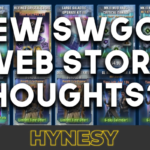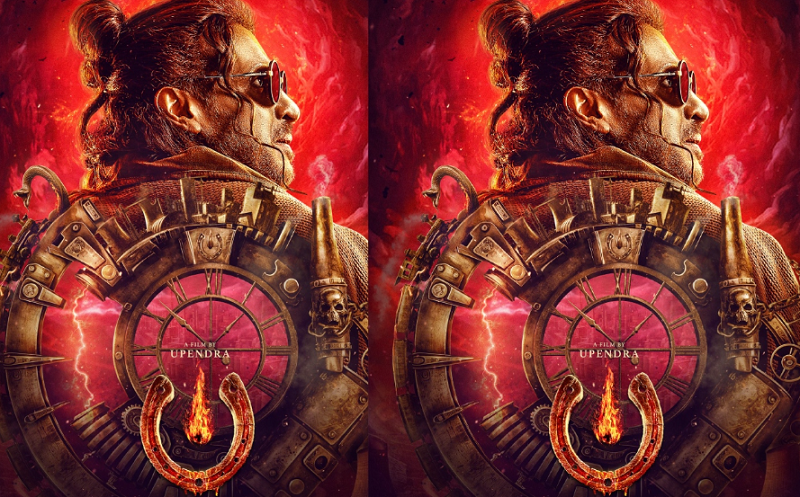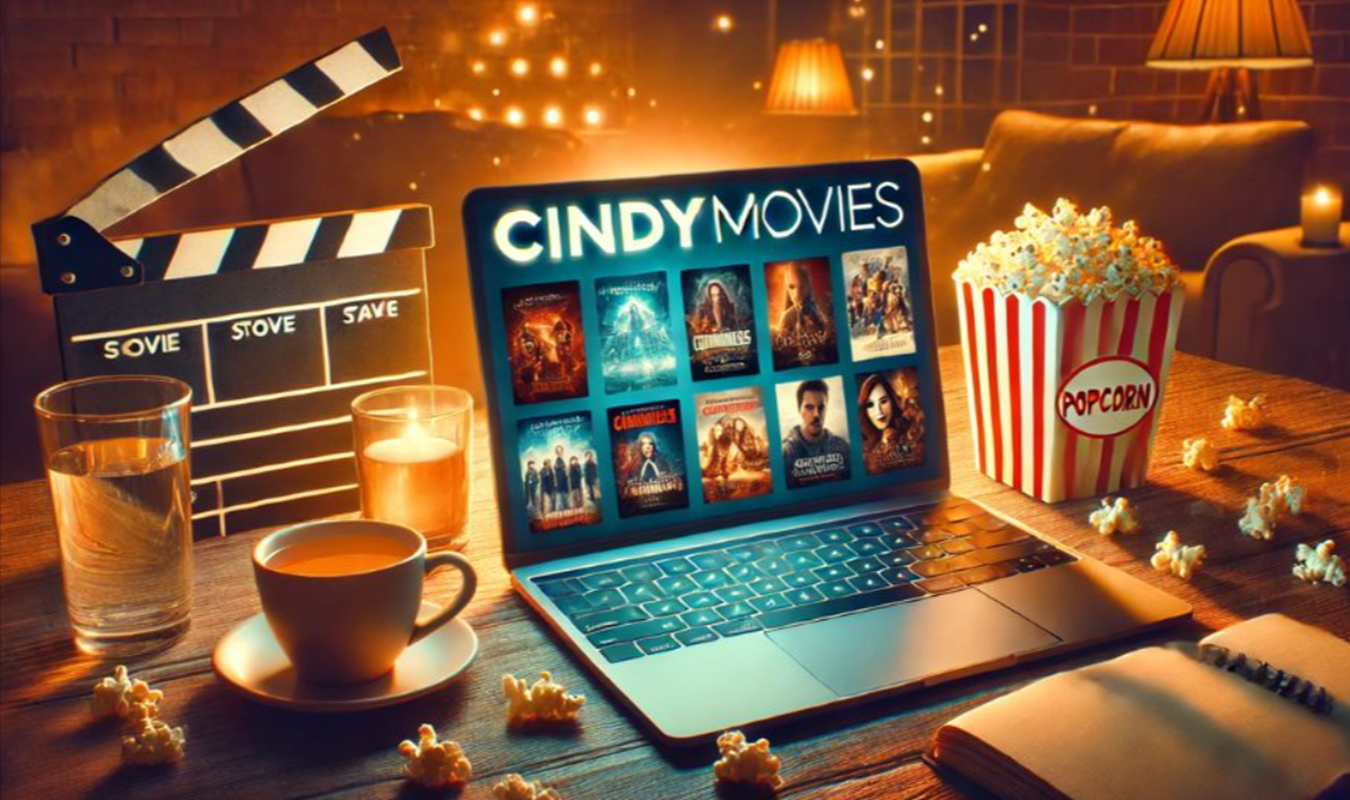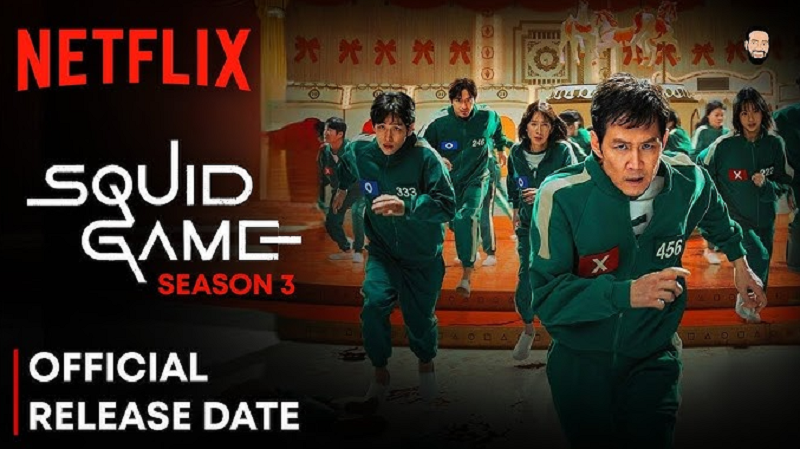The world of cinema has always found ways to evolve with changing technologies, and in the current age, social media platforms such as Twitter have become an integral part of how movies are received, discussed, and critiqued. One of the films that has sparked considerable buzz on Twitter is UI, a unique and daring cinematic creation. This movie’s impact has been discussed widely on Twitter, with viewers sharing their thoughts on everything from the plot and acting to the direction and visual style.
In this article, we will explore the UI movie review from a Twitter lens, offering a detailed analysis of how it was received on this platform, what users loved, and what criticisms emerged from the online conversations.
Overview of UI
UI Movie Review Twitter Before diving into the Twitter reviews, it’s important to provide a brief overview of UI. Directed by a fresh visionary filmmaker, UI blends elements of science fiction, drama, and thriller, creating a narrative that challenges the boundaries of reality and digital existence. The movie follows the journey of a character who struggles with the merging of human consciousness with a digital interface—an exploration of artificial intelligence and human connection.
Its story is complex and layered, filled with abstract visual cues and deep philosophical questions about identity, technology, and the meaning of self. With a small but powerful cast, the movie draws attention not just for its thought-provoking content but also for its cinematic approach. However, the question remains: how did audiences on Twitter react to this ambitious film?
Twitter Reactions: The Positives
- Visual Aesthetics and Cinematography
One of the first aspects of UI that captured Twitter’s attention was its striking visual style. Many users took to the platform to praise the film’s breathtaking cinematography, particularly its seamless blend of real-world and digital environments. Several tweets highlighted how the director managed to balance futuristic imagery with emotional depth, using the visuals to amplify the thematic core of the film.
Example Tweet: “The way UI blends the digital world with the physical is mind-blowing. It’s a visual feast that feels like you’re stepping into the future.”
- Performances and Casting
The performances of the cast were widely praised, especially by viewers who were able to connect with the characters on an emotional level. The lead actor’s portrayal of a person struggling to maintain their humanity in an increasingly digital world received particular accolades. Fans on Twitter were quick to express their admiration for the subtlety and complexity brought to the screen by the actors.
Example Tweet: “The lead performance in UI is something special. So much emotion conveyed without a single word. This movie really showcases the power of acting!”
- Sound Design and Score
Another highlight that Twitter users frequently mentioned was the film’s sound design and musical score. The electronic, ambient soundscapes perfectly complemented the futuristic themes of the film, and many viewers noted how the music heightened the tension and emotional beats of the movie. Twitter discussions revealed how integral the score was to enhancing the atmosphere of UI.
Example Tweet: “The score in UI is haunting. It elevates every scene, making you feel both the tension and the tranquility of the digital world.”
Twitter Reactions: The Criticisms
While the overall reception of UI on Twitter was positive, there were some aspects that caused division among audiences. These included concerns about pacing, narrative complexity, and the film’s potential to alienate certain viewers.
- Pacing and Structure
One criticism that emerged consistently on Twitter was the film’s pacing. Some users felt that the narrative, while ambitious, was bogged down by its slow progression and overly complex structure. Several viewers found it challenging to follow the plot, with some claiming that the film took too long to reveal important details. Others felt that the nonlinear storytelling made it hard to connect with the characters, leading to frustration.
Example Tweet: “UI is beautiful, but the pacing is all over the place. Some parts dragged on too long, and the story was hard to follow.”
- Over-Complexity of the Story
Another critique that appeared often was related to the story’s complexity. UI deals with philosophical themes and questions the very nature of reality and human consciousness, which many found intriguing. However, for some Twitter users, the depth of these ideas made the narrative feel overstuffed. Some felt that the movie was trying to do too much, leaving them more confused than engaged.
Example Tweet: “I love films that make me think, but UI tried to juggle too many ideas at once. The philosophy felt like it was fighting the plot.”
- Emotional Disconnect
Some Twitter users voiced that despite the film’s deep exploration of human identity, they were left feeling emotionally detached. While the lead performances were praised, some viewers felt that the emotional stakes weren’t fully realized. The digital and abstract themes, coupled with a lack of clear narrative direction, made it difficult for some to connect with the characters’ struggles.
Example Tweet: “I couldn’t emotionally connect with the characters in UI. It was all about the concept, but the heart of the story felt missing.”
The Buzz and Trending Hashtags
As UI continued to trend on Twitter, several hashtags emerged, capturing the film’s cultural significance and sparking wider conversations. Hashtags like #UIMovie, #DigitalConsciousness, and #FutureOfFilm became popular, as fans and critics alike shared their views. The ongoing Twitter debate about whether the film was a masterpiece or overly convoluted added to the intrigue, making UI one of the most talked-about movies in recent times.
The Verdict
The UI movie’s presence on Twitter reveals a divided yet engaged audience. While many praised its stunning visuals, acting, and philosophical depth, others struggled with its pacing, complexity, and emotional detachment. For those who appreciate thought-provoking cinema that challenges traditional storytelling methods, UI is a film worth experiencing. However, its avant-garde approach might not be for everyone.
In conclusion, the Twitter reviews of UI paint a picture of a film that is both ambitious and polarizing. It is clear that UI has sparked a significant conversation about the intersection of technology, identity, and cinema, making it a noteworthy entry in modern filmmaking. Whether or not it is ultimately considered a success may depend on the viewer’s willingness to embrace its challenging narrative and experimental structure. For now, UI remains a prime example of how social media can influence the reception of films and how films can spark discussions that transcend the movie theater and engage the global audience on platforms like Twitter.











